
 Instagram
Instagram
How to get rid of Thrush quickly?

Related products
What’s covered?
 Thrush or Yeast infection has been a common complaint among many women. Deemed the second most commonly occurring infection after bacterial infection, it can often cause discomfort and irritation in the affected area. More commonly affecting reproductively active women, almost 75% of women have had at least one episode of vaginal thrush during their lifetime.
Thrush or Yeast infection has been a common complaint among many women. Deemed the second most commonly occurring infection after bacterial infection, it can often cause discomfort and irritation in the affected area. More commonly affecting reproductively active women, almost 75% of women have had at least one episode of vaginal thrush during their lifetime.
What are the main causes of Thrush?
Thrush is a type of fungal or, more specifically, yeast infection caused by Candida albicans. Candida albicans is a type of yeast and is generally a part of the normal flora of the mucous membranes of the digestive system and the genitals and the skin.
Poor immunity or excessive consumption of antibiotics may sometime compromise this normal flora, resulting in abnormal and excessive growth of Candida.
Candida yeast infection or thrush most commonly affects the tongue, mucosal lining of the mouth, vagina, and anus. Other parts of the body that may get infected with candidiasis include the skin of the groin, underarms, neck, fingernails, and eyes.
Risk Factors
Some of the common risk factors for thrush may include:
-
Weakened immune system
-
Pregnancy
-
Menstrual Periods- it’s a time when your vagina is more prone to acquire a yeast infection
-
Underlying diseases like Diabetes, HIV infection
-
Consumption of hormonal drugs during menopause
-
Cancer therapy
-
Excessive intake of antibiotics and steroid-containing medications
-
Poor oral health with ill-fitting dentures and dry mouth with reduced saliva
-
Habits like smoking and drinking alcohol
-
Poor hygiene
Diagnosis of Vaginal Thrush
Your doctor may diagnose thrush based on your specific symptoms and clinical examination. A vaginal swab may be taken in some cases. The fungal culture of the swab will further help in the diagnosis of thrush.
Vaginal thrush symptoms
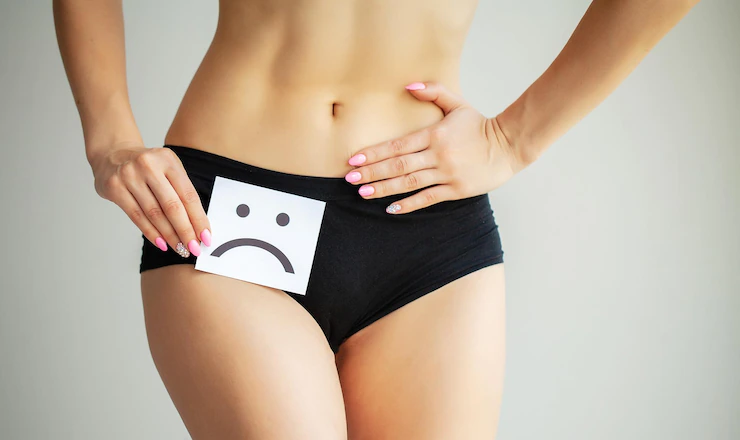
Commonly occurring vaginal thrush symptoms include:
-
Itching and burning sensation in the vaginal and vulva
-
Redness which may sometimes be accompanied by swelling
-
Abnormal white, curd-like discharge (cottage-cheese appearance)
-
Women may often feel burning or pain when they pass urine
-
Some women also complain of sex being painful. Although vaginal yeast infections are not classified as sexually transmitted infections (STIs), there have been incidences where the partner complains of redness, irritation, and itching after having sexual intercourse with a person suffering from thrush.
Thrush treatment and Self-Help
How to quickly get rid of thrush?
Treatment of vaginal thrush generally involves antifungal creams, pessaries, or oral antifungal tablets. Antifungal drugs have proven to be most effective in the treatment vaginal yeast infections.
Nystatin, fluconazole, flucytosine, clotrimazole, and ciclopirox are some commonly prescribed antifungal drugs for the treatment of a vaginal yeast infection.
Fluconazole is available in the form of an oral tablet, while the rest of the drugs may be applied in the form of creams or inserted into the vagina as dissolvable tablets (pessaries).
How long does it take to get rid of thrush?
Can thrush clear up overnight?
The treatment of thrush usually lasts for a week or two. Fortunately, the results are much quicker. You may find significant relief from yeast infection symptoms within a few days of using antifungal medication.
It is best to avoid using soaps and other chemical-based vaginal washes when you have a thrush infection. Avoid staying in sweaty and wet clothes for a long. During this time, long bubble baths are also not recommended.
Severe or repeated thrush episodes more than four times a year require longer treatment. After an initial one-month treatment, your doctor may continue a tablet once every week for six months.
Alternatives home treatments for thrush
Probiotic supplements, the application of tea tree oil or coconut oil to the affected area, and the consumption of yoghurt are some of the home remedies available for relief from thrush. Although most of these treatment options are not research-based, studies have shown coconut oil to be quite effective in treating thrush.
Preventive Care
Excessive intake of antibiotics has been known to increase your chances of acquiring yeast infections. Consume antibiotics only when prescribed by your physician.
Washing your underwear in hot water is considered a good idea to prevent thrush.
Avoid wearing tight, synthetic clothes. Wearing comfortable cotton wear is the best for your intimate area.
When washing your vagina, it is better to wash front to back.
Avoid douching and washing your vaginal area with intimate hygiene products.
Maintaining vaginal hygiene and keeping your intimate area dry is essential to keeping yeast infections at bay.
To learn more about thrush or to find our range of treatments, read our information page here.
Related Thrush and Fungal Treatments
- Buy Daktarin Cream
- Buy Daktarin Gel
- Buy Vagisil Creme
- Buy Canesten cream
- Buy Fluconazole
- Buy Canesten Combi Creme
- Buy Canesten Thrush Pack
- Buy Gyno-daktarin
- Buy clotrimazole
- Buy Canesten Thrush Duo
- Buy Diflucan
- Buy Scholl Fungal Treatment
- Buy Lamisil
- Buy Curanail
- Buy amorolfine
Thush Related Articles
- How to get rid of thrush quickly
- Immediate thrush relief
- Why do I keep getting thrush?
- How to treat thrush in women
- Thrush on the tongue
- Thrush and diabetes
- Thrush and antibiotics
- Can stress cause thrush?
- Does thrush go away on its own?
- How to soothe thrush itching
- How long does it take to get rid of thrush?
- How to treat thrush in men?
- Thrush in babies
- Thrush and the elderly
- Is thrush an STI?
- Angular Cheilitis
- Vaginal thrush
- Thrush and HIV
- Best diet for candida
- Probiotics for thrush
- Thrush in animals
- Thrush and sexual health
- Thrush and the immune system
- Econazole
- Thrush pictures in females
- Nystatin for oral thrush
- Research advancements in thrush treatment
- Chronic yeast infections
- Can thrush cause bleeding?
- Esophageal thrush
- Natural thrush remedies
- Breastfeeding thrush
- Nipple Thrush
- Is thrush contagious?
- Penile Thrush
- Recurring Thrush
- White Tongue: Causes, Treatments & Prevention
- Gentian Violet



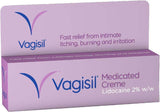


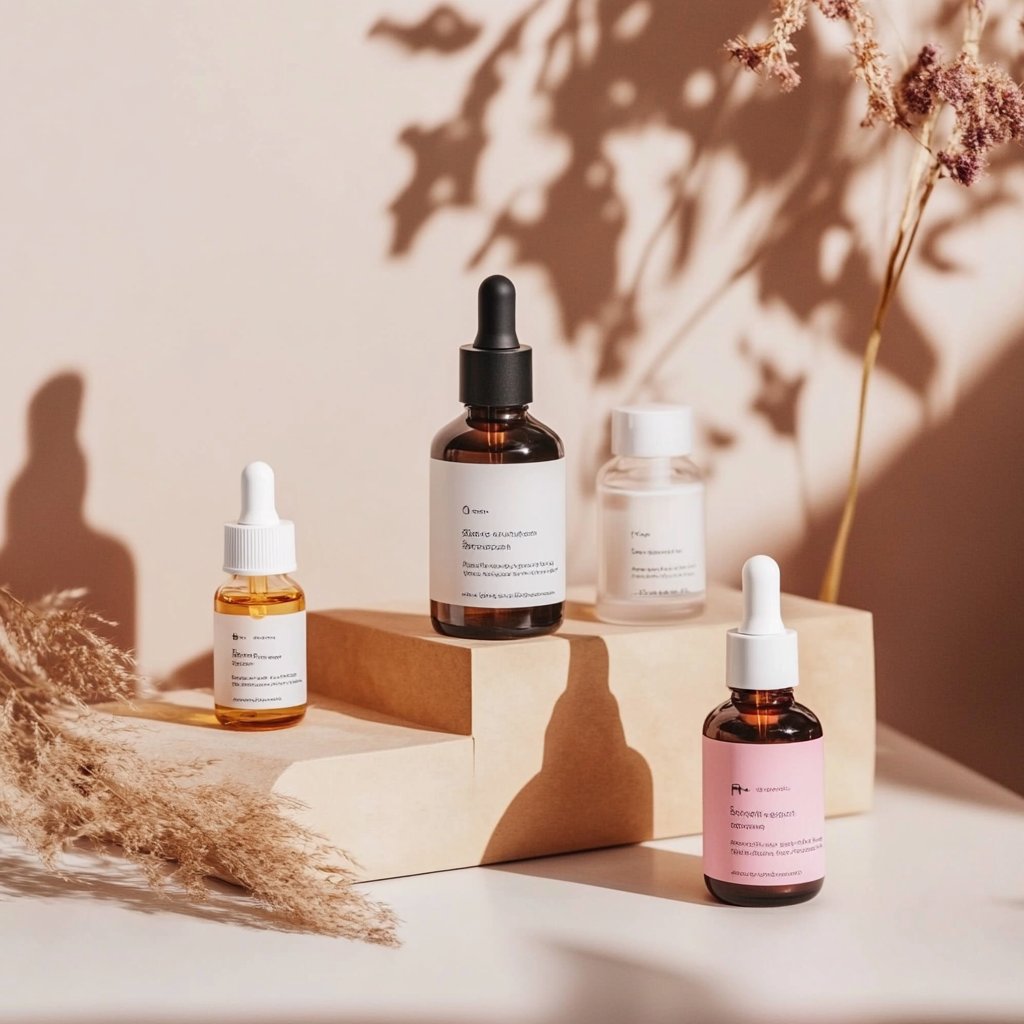

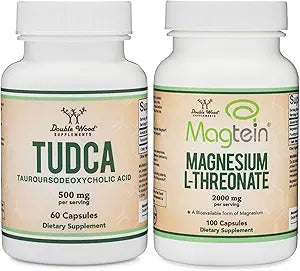



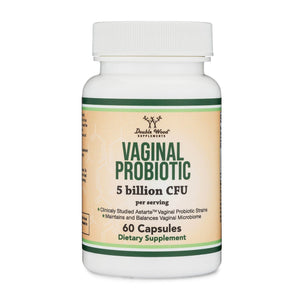
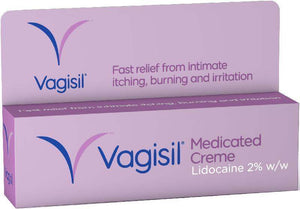


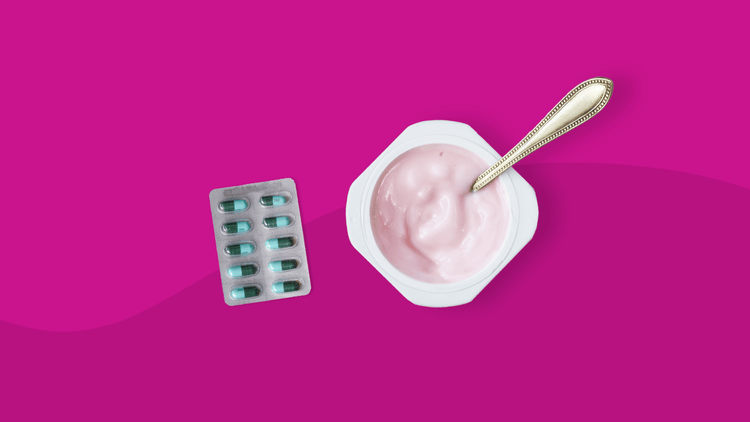
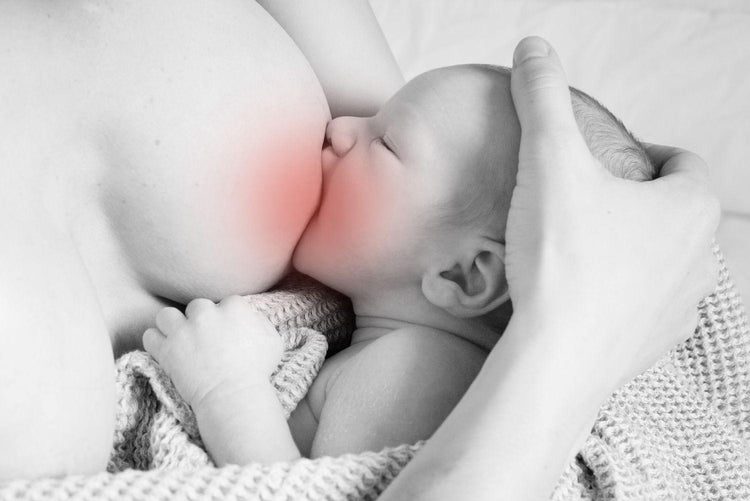



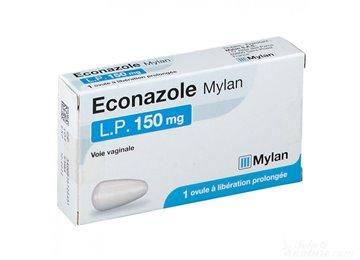
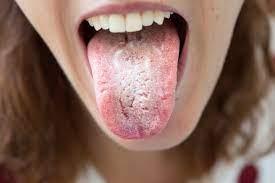
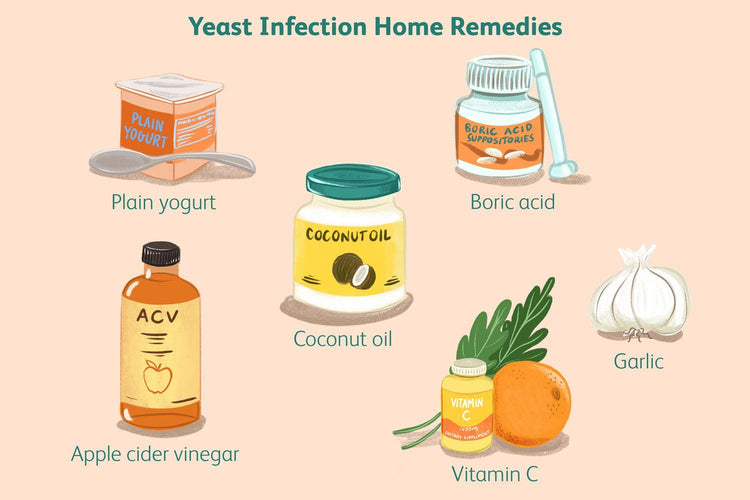
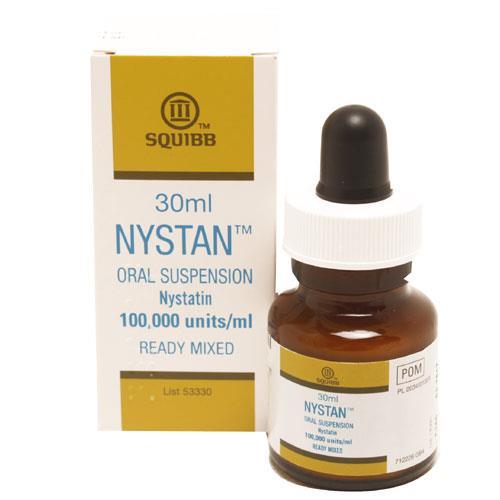
 Rated Excellent by 26,523+ Reviews
Rated Excellent by 26,523+ Reviews